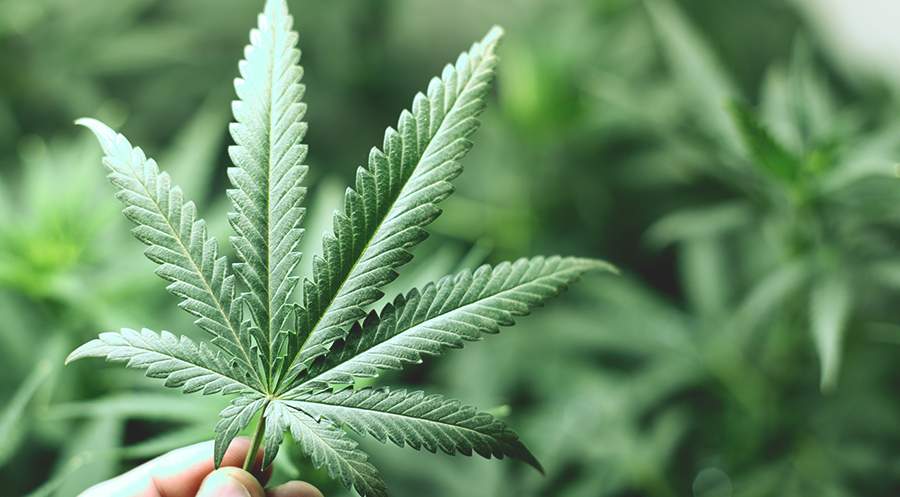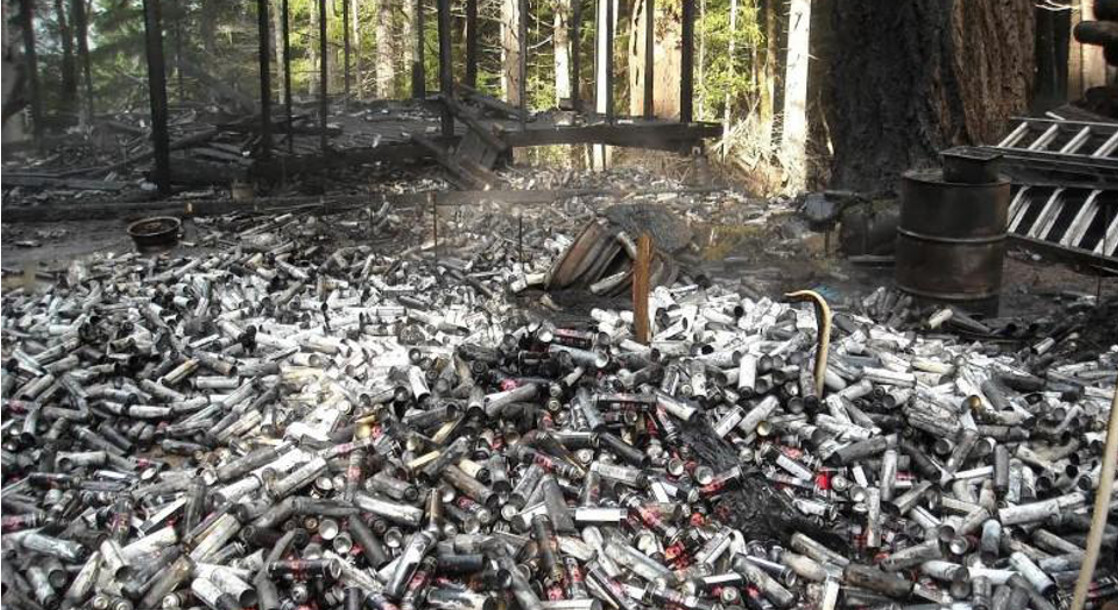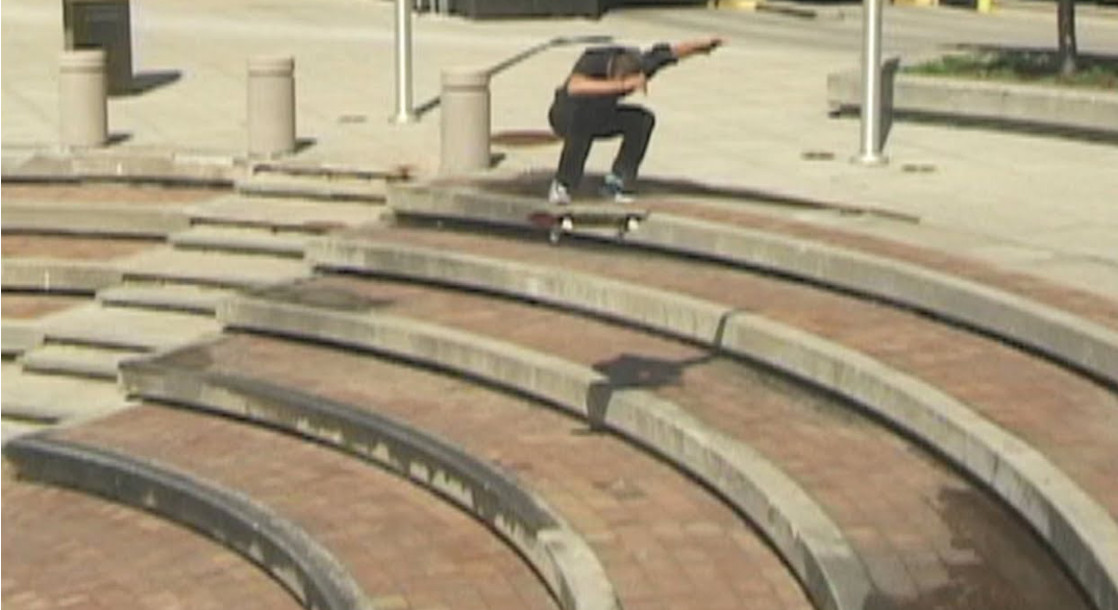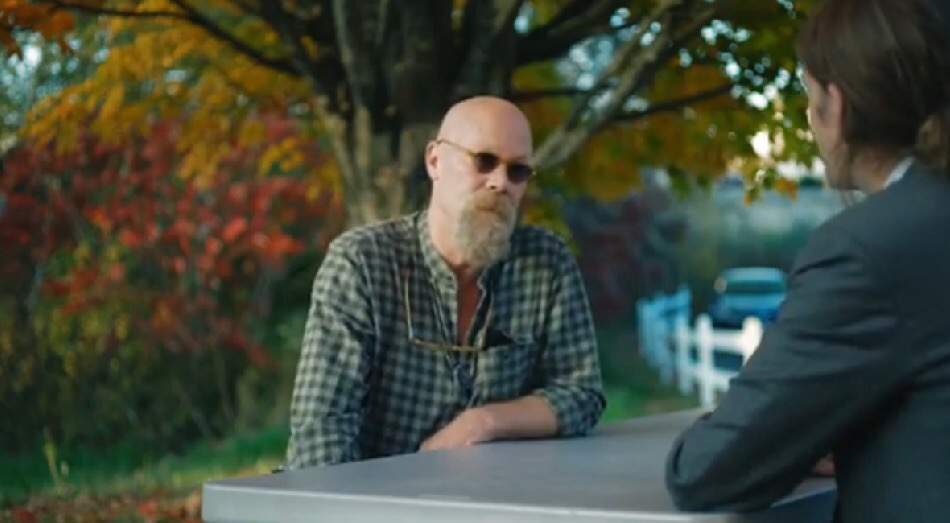Is “marijuana” a bad word? Some members of the United States legal cannabis movement think so and are pushing to end its use. Considering that over 50 world languages use the term to describe the magical nugs that so many people love to smoke, the etymological animosity may strike you as curious.
The debate stems from the country’s history of marijuana prohibition, with drug laws that display clear racial bias. Although the word marijuana predates the 1900s, use of it increased significantly in the 1930s, when elitist reporters, government officials, and narcotics officers alike employed the Latin-American Spanish word to associate it with “invading” and “perverted” Mexicans—and African-Americans, who would allegedly smoke marijuana, then rape, maim, and kill people. (Sound like any 2016 presidential and vice presidential candidates you know?)
“Harry Anslinger [the first commissioner of the U.S. Treasury Department’s Federal Bureau of Narcotics] was wildly successful at stigmatizing ‘marijuana’ as a foreign, negative, violent, and evil influence on our society through his smear campaign and propaganda efforts against cannabis in the 1930s,” says Frontera Group’s Jeffrey Welsh, a California attorney formerly of William Morris Endeavor who helps cannabis advocates and developing talent navigate the complexities of the cannabis industry.
Anslinger was a classic flip-flopping politico. Once a supporter of cannabis, he changed the game after his appointment as commissioner in 1930. Like the Bureau of Prohibition, the FBN operated under the U.S. Treasury Department. At that time, alcohol and drugs were considered revenue losses to the Treasury. As illegal substances, they could not be taxed.
Within a few years, Anslinger became an aggressive supporter of prohibition and the criminalization of drugs, and he played a crucial role in prohibiting cannabis. His propaganda machine began to promote fear and shame. His campaigns against marijuana use carried racist, elitist sentiments: “…the primary reason to outlaw marijuana is its effect on the degenerate races” and “…most are Negroes, Hispanics, Filipinos, and entertainers. Their Satanic music, jazz, and swing, result from marijuana use.”
Although racism is not unique to the United States, systemic racial oppression is the foundation upon which the country was built. And while words themselves won’t necessarily eradicate racism, popular perception can.
“A rose by any other name would smell as sweet. However, we should use the scientific name for the plant instead of marijuana, pot, weed, and the like,” says Jesce Horton, co-founder and chairman of the Minority Cannabis Business Association. “The alternate terms, whether racist or not, have connotations that have been used to place this plant in a negative or insignificant space.”
Using the scientific term cannabis is both a reproach of the racist roots and a means to remove the stigma and reclassify the plant in the minds of those who’ve been taught a negative association.
“If we’re going to elevate cannabis and bring it out of the darkness, out of something only a teenager does in their basement, then using the word cannabis keeps it scientific,” says cannabis cultivator and Farma budtender Taylor Rabe. “It’s more official and cannabis’ legitimacy becomes more approachable.”
On its website, Oakland’s Harborside Health Center echoes this etymological stance: “Language is important because it defines our ideas. Words have a power that transcends their formal meaning. When we change words, we can also change the thoughts that underlie them. By changing the words we use to describe cannabis and herbal medicine, we can help our fellow citizens understand the truth about it, and see through the decades of propaganda.”
Whether or not you continue to use the word marijuana, it’s difficult to deny its complexities and racial implications. It’s been an arduous journey since the Reefer Madness days, from the War on Drugs to ending prohibition and legitimizing the plant in this country. It’s important that we bring these challenging topics to light to ensure progress. Meaningful dialogue can help turn cannabis adversaries into supporters, who, in-turn, could help reform our laws and perhaps restore peace and freedom to our unjust, racist, Drug War-torn nation.











